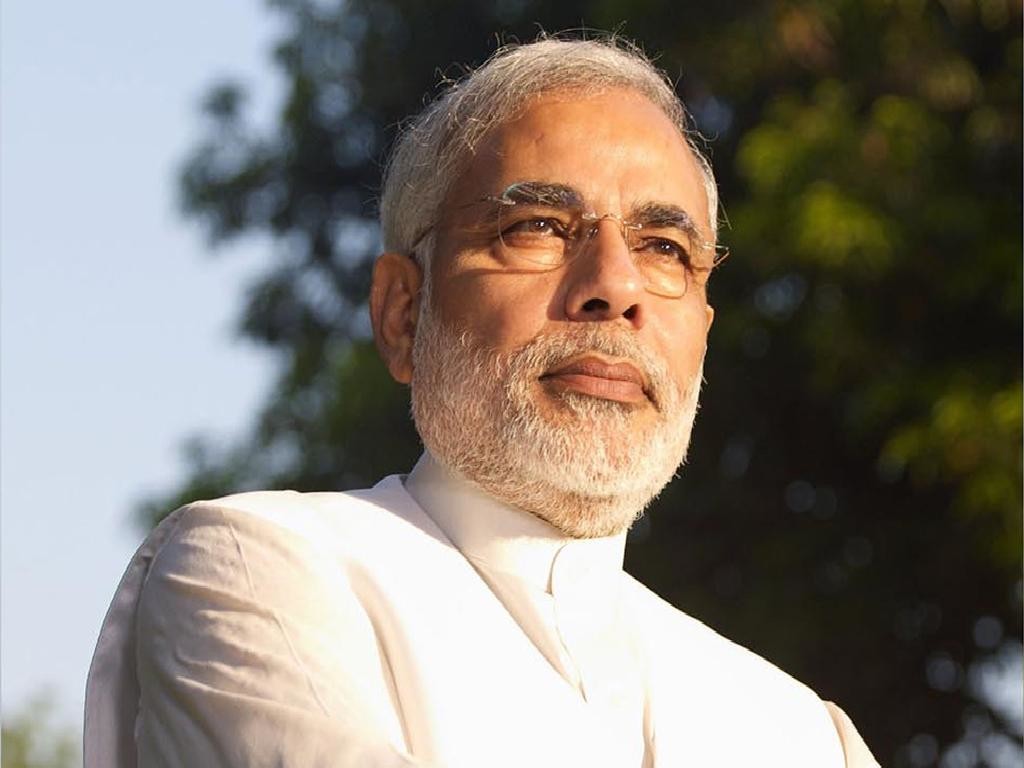Prime Minister Narendra Modi—along with others in the government—stands diminished today. All bluster and swagger are gone—the 56-inch chest, aankh mein aankh daalkar baat karenge, hot pursuit, surgical strikes, ten heads for one head, the entire jaw for a tooth. But clever as they are, Bharatiya Janata Party leaders have now come up with a new trick: India will strike “at a time and place of own choosing.”
Very clever. Almost as clever as former prime minister Atal Bihari Vajpayee was (or he thought he was) when he said in Parliament that his belligerent statement, regarding aar par ki ladai hogi, actually meant something other than what people understood. After the attack on Parliament on December 13, 2001, he had talked tough and, for some time, acted tough too. Troops were mobilized on the western borders; the leaves of all officers and men were canceled; and war with seemed imminent. And then the BJP leadership chickened out; Operation Parakram was abandoned in mid-October 2002. What began with a bang ended with a whimper. BJP leaders took recourse to a great deal of sophistry and equivocation to justify their cowardice. To little avail though, for the people were thoroughly disappointed and threw out the BJP-led government in 2014.
But the BJP has not lost its faith in the efficacy of its own casuistry and chicanery. When asked about the return of black money and it going to people’s accounts, party president Amit Shah said that it was just an election gimmick, not to be taken seriously. When asked about his party’s core issues—construction of Ram temple in Ayodhya, abrogation of Article 370 in Jammu & Kashmir, and the uniform civil code—Shah said in May 2015 that for this BJP would require 370 seats in the Lok Sabha.
It may be recalled that when Vajpayee was in office and the core issues were discussed, BJP leaders would talk about coalition compulsions. ‘The allies won’t let us take up these issues’, ‘The BJP doesn’t have full majority, we have to depend upon our allies’—these were the standard excuses. Now that the saffron party has majority, it has shifted the goalpost—370 seats.
So clever are BJP leaders, and they have such faith in their own cleverness, that they think that the people of this country lack the faculties of reflection and even commonsense. So, Road Minister Nitin Gadkari has the cheek to say that the famous slogan of acche din was originally coined by former prime minister Manmohan Singh and not Modi. Gadkari lamented that now it has become a millstone around the Modi government’s neck. The conspicuous feature of this remark is not only Gadkari’s belief in people’s infinite credulity, indeed gullibility, but also in his party’s ability to hoodwink everybody else.
Public memory is short, but not so short as to forget the promises the BJP leaders have made so often and so vociferously.
The contrarian view could be that… so what? The party passionately campaigned for the Ram Temple in the late 1980s and early 1990s with such slogans as Suagandh Ram kee khate hain mandir waheen banayenge, Bachcha bachcha Ram ka janmabhoomi ke kaam ka, and Jiska ab bhee khoon na khaula khoon naheen wo paani hai/Jo Ram ke kaam na aaye wo barbaad jawaani hai. But once the party attained the critical mass, it forgot Ram Temple. Sushma Swaraj even compared it with a bank cheque that had already been cashed.
And yet, the party has gone from strength to strength—from two seats in 1984 to full majority three decades later.
It is perhaps success in disingenuousness that gives the party some sort of confidence. Unlike Indira Gandhi who went to war with Pakistan in 1971 a few months after the general election, the time the BJP may choose to strike against Pakistan may be near 2019. After all, in its scheme of things, belligerence is a function of the political imperative and not national security.
